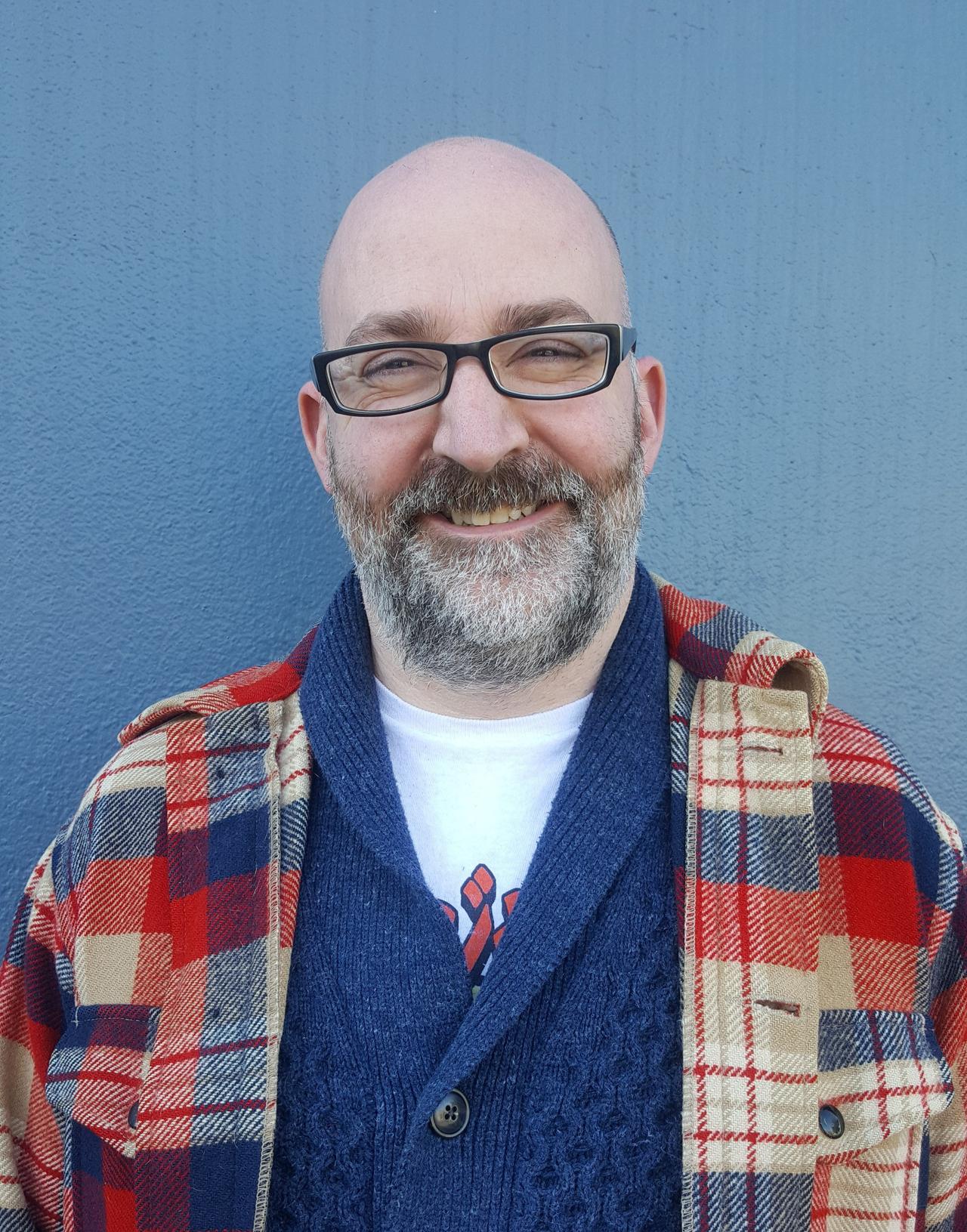If you click on a link and make a purchase we may receive a small commission. Read our editorial policy.
Marvel and DC no longer share the trademark for the term 'super hero' in the US
Following a legal challenge from a UK comic creator, Marvel and DC have seemingly voluntarily surrendered co-ownership of the term 'superhero' in the United States

Popverse's top stories of the day
- WATCH NOW: The gentleman villain Mads Mikkelsen tells us how he balances being charming and despicable in our favorite movies & TV series
- DC Comics loses its long-time publicity manager Michael Shelling
- MEMBERS ONLY: Popverse Picks: Best underdog characters like Cassian Andor in Star Wars
It’s rare that Marvel or DC’s superheroes would willingly walk away from a fight, but that appeared to be the case when it came to a recent legal tussle over the trademark to 'super hero' — with the end result being that Marvel and DC’s long-held co-ownership of the term is about to be terminated by the US trademark office.
The ruling was announced by law firm Reichman Jorgensen Lehmen & Feldberg September 26, in a statement that described the judgment as “a transformative moment, as super hero now enters the public domain, free from corporate ownership,” adding that it “empowers creators and companies worldwide to harness a term that has for generations been synonymous with heroism and creativity.”
Also quoted in the statement from the legal firm was British cartoonist S.J. Richold, whose title The Super Babies was instrumental in efforts to challenge Marvel and DC’s ownership of the trademark of the term. “Superhero stories teach us to stuck up for the little guy, so it’s only fitting that the liberation of Super Heroes would come at the hands of The Super Babies — the littlest of them all," Richold is quoted as saying, ensuring that the product placement remains upfront. He continued, "My hope is that this victory will encourage smaller companies to share their stories with the world.”
The move to challenge the 'super hero' trademark came after DC objected to Richold’s attempts to promote The Super Babies, citing an exclusive right to use “the prefix Super following by a generic term for a human being,” according to RJLF. DC owns the copyrights (and, in most cases, trademarks) to Superman, Supergirl, Superboy, Superwoman, Super Sons, and, not coincidentally, Superbaby — a character who was, as the name suggests, Superman as a baby, who first appeared in 1950’s Superboy #8.
Somewhat surreally, the trademark cancellation request filing from RJLF seems to undercut its own message, citing multiple uses of “superhero” by companies outside of Marvel and DC, including Image Comics’ Invincible and The Ambassadors, as well as kids’ books including Even Superheroes Have Bad Days, My Brother Is A Superhero, and There’s A Superhero In Your Book, as well as Superhero Movie and more — all of which would seem to suggest that Marvel and DC’s trademark was not particularly restrictive in the creation and promotion of other works in the superhero genre.
US trademark law "typically protects brand names and logos used on goods and services," as opposed to an intellectual property, which would be protected by copyright, according to the U.S. Patent and Trademark Office. "You would apply to register a trademark to protect the brand name of the vacuum cleaner. And you might register a copyright for the TV commercial that you use to market the product," the USPTO explains.
“Consumers do not associate Super Hero or Super Heroes with any single brand, company, or character. Instead, consumers view Super Hero or Super Heroes as generic labels for stories, characters, and products in the superhero genre or character archetype,” the RJLF filing argues. That concept is, in fact, the actual basis for the legal challenge, as attorneys for the firm argued that preexisting law “allows for cancellation of registered marks that ‘become the generic name for the goods or services, or a portion thereof, for which it is registered.’”
It’s worth pointing out that the ruling isn’t a sign that United States Patent and Trademark Office agreed with that argument, or even actually considered it at all. Instead, the ruling in the favor of Reichman Jorgensen Lehmen & Feldberg was a default judgment granted because neither Marvel or DC responded to the filing inside the time period set by the court. “Inasmuch as Respondents failed to file an answer in this case, and failed to file a response to Petitioner’s motion, the motion for default judgment is granted,” explains the decision. In other words, because the opposing side(s) failed to say anything by the deadline, they lost the fight.
It seems, admittedly, a somewhat anti-climactic ending for what could end up being a meaningful legal decision — although it’s also not necessarily an ending, as there are ways in which the trademark can be reinstated should Marvel and DC decide to go down that route... even if, on first blush, it would seem that both companies voluntarily surrendered the trademark by not responding to the initial filing.
Perhaps we should consider this particular story the way so many superhero stories end any given installment: “To be continued.”
Want to know what's coming up next in pop culture? Check out Popverse's guides to:
Follow Popverse for upcoming event coverage and news
Find out how we conduct our review by reading our review policy
Let Popverse be your tour guide through the wilderness of pop culture
Sign in and let us help you find your new favorite thing.
















Comments
Want to join the discussion? Please activate your account first.
Visit Reedpop ID if you need to resend the confirmation email.